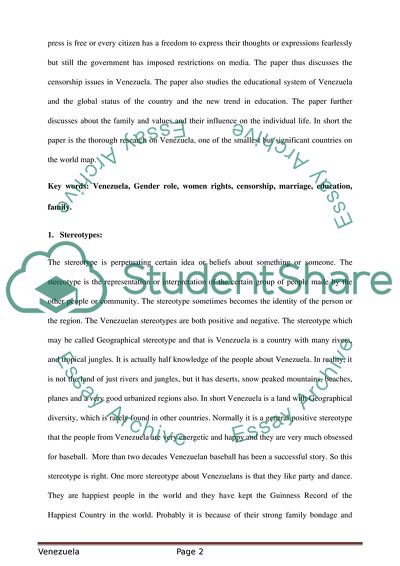Cite this document
(Venezuelas Significance in the World Research Paper, n.d.)
Venezuelas Significance in the World Research Paper. https://studentshare.org/english/1815008-venezuela
Venezuelas Significance in the World Research Paper. https://studentshare.org/english/1815008-venezuela
(Venezuelas Significance in the World Research Paper)
Venezuelas Significance in the World Research Paper. https://studentshare.org/english/1815008-venezuela.
Venezuelas Significance in the World Research Paper. https://studentshare.org/english/1815008-venezuela.
“Venezuelas Significance in the World Research Paper”. https://studentshare.org/english/1815008-venezuela.


